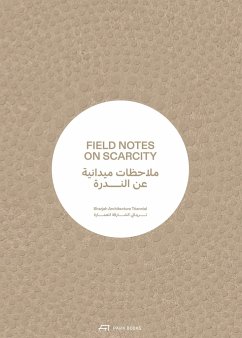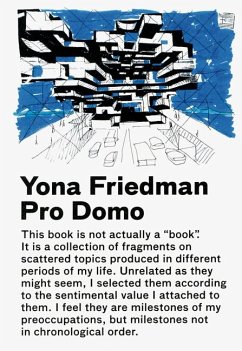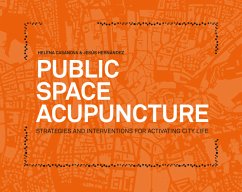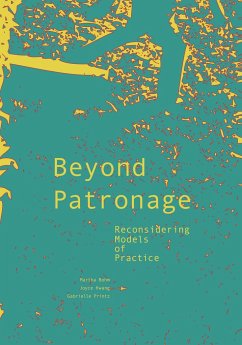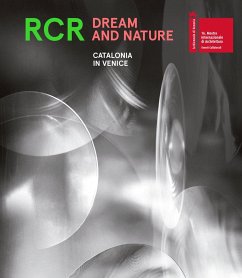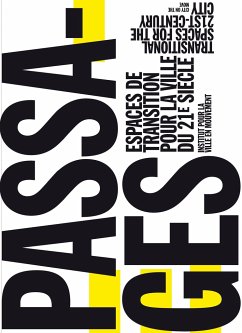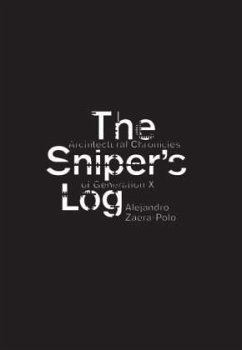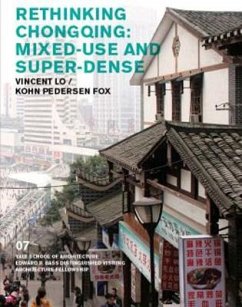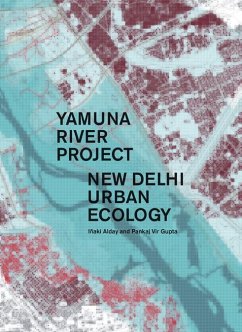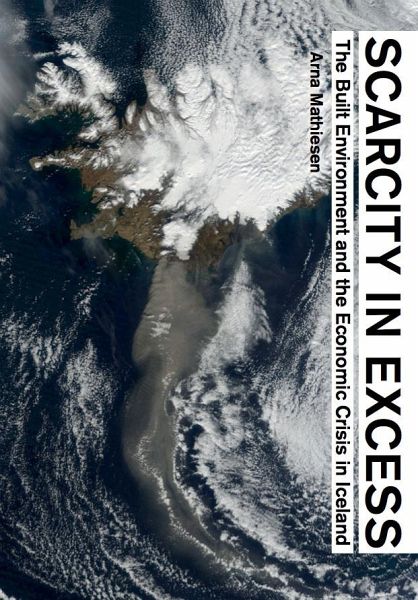
Scarcity in Excess
The Built Environment and the Economic Crisis in Iceland
Herausgeber: Mathiesen, Arna; Forget, Thomas; Zaccariotto, Giambattista

PAYBACK Punkte
0 °P sammeln!
After a period of extraordinary economic growth at the turn of the twenty-first century, the economy of Iceland collapsed into the deepest and most rapid peacetime fiscal crisis ever recorded. Seeing the development of the capital area through the lens of scarcity, triggered new urban and regional questions and ecological approaches to design. This book considers both the crash and its aftermath as an opportunity to distil an intense snapshot of how ecological and human systems are interrelated, and how different ways of wiring those systems might lead to better and more resilient solutions. T...
After a period of extraordinary economic growth at the turn of the twenty-first century, the economy of Iceland collapsed into the deepest and most rapid peacetime fiscal crisis ever recorded. Seeing the development of the capital area through the lens of scarcity, triggered new urban and regional questions and ecological approaches to design. This book considers both the crash and its aftermath as an opportunity to distil an intense snapshot of how ecological and human systems are interrelated, and how different ways of wiring those systems might lead to better and more resilient solutions. This publication derives from a case study on the built environment in the Reykjavik capital area in the light of the financial meltdown in October 2008. It is the work of the participants in the case study and a number of invited contributors from different fields; researchers, artists and activists that offer different perspectives on the case. The case study is a part of a larger European project, Scarcity and Creativity in the built Environment (SCIBE), funded by HERA (Humanities in the European Research Area). The work presented suggests a new spirit of development applicable to various cultures and climates beyond Iceland.
Dieser Artikel kann nur an eine deutsche Lieferadresse ausgeliefert werden.





